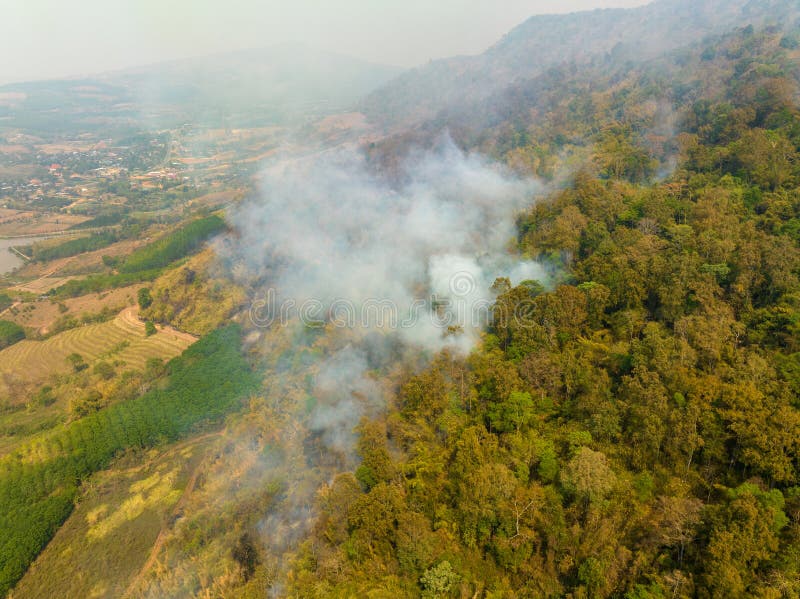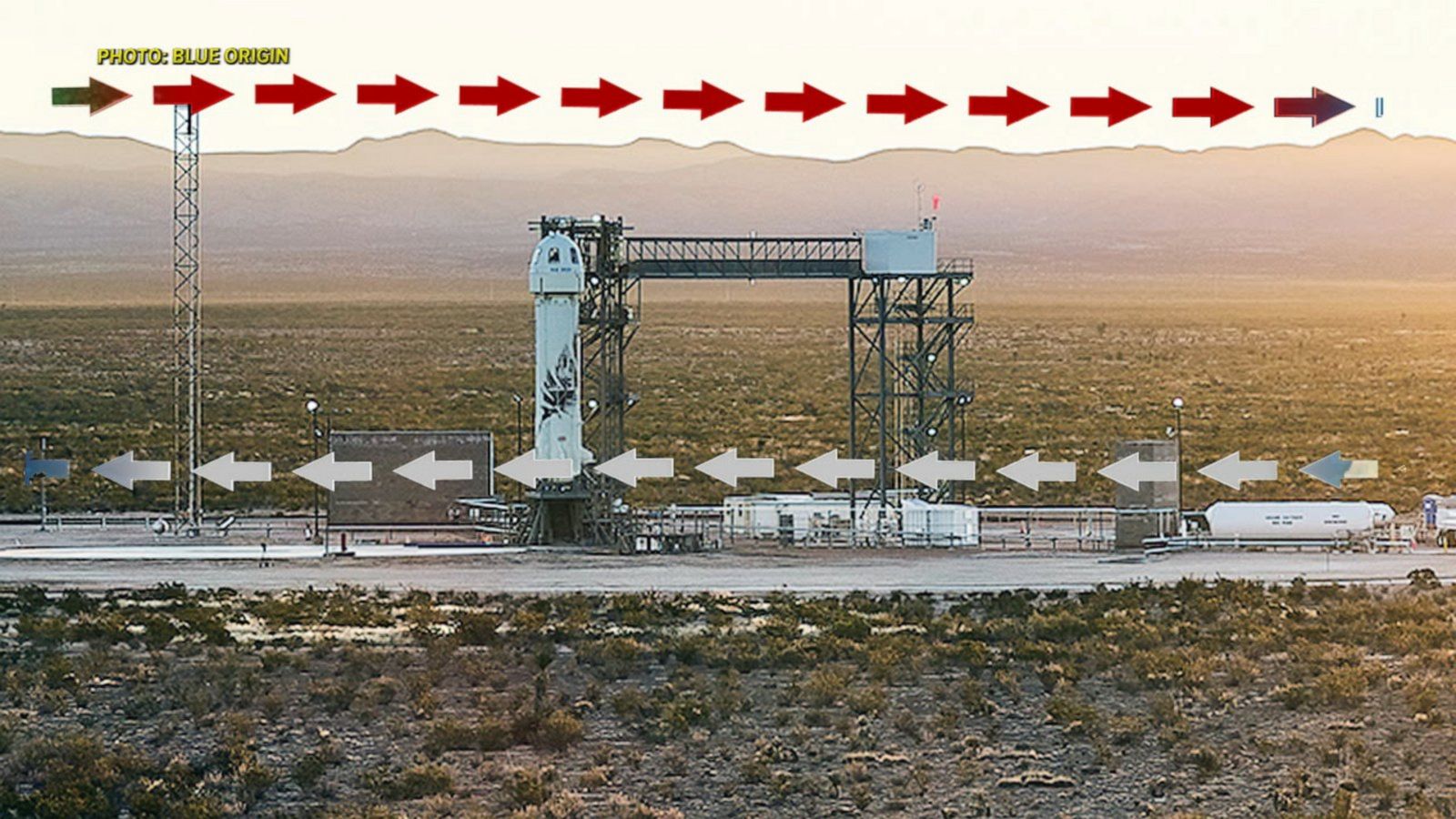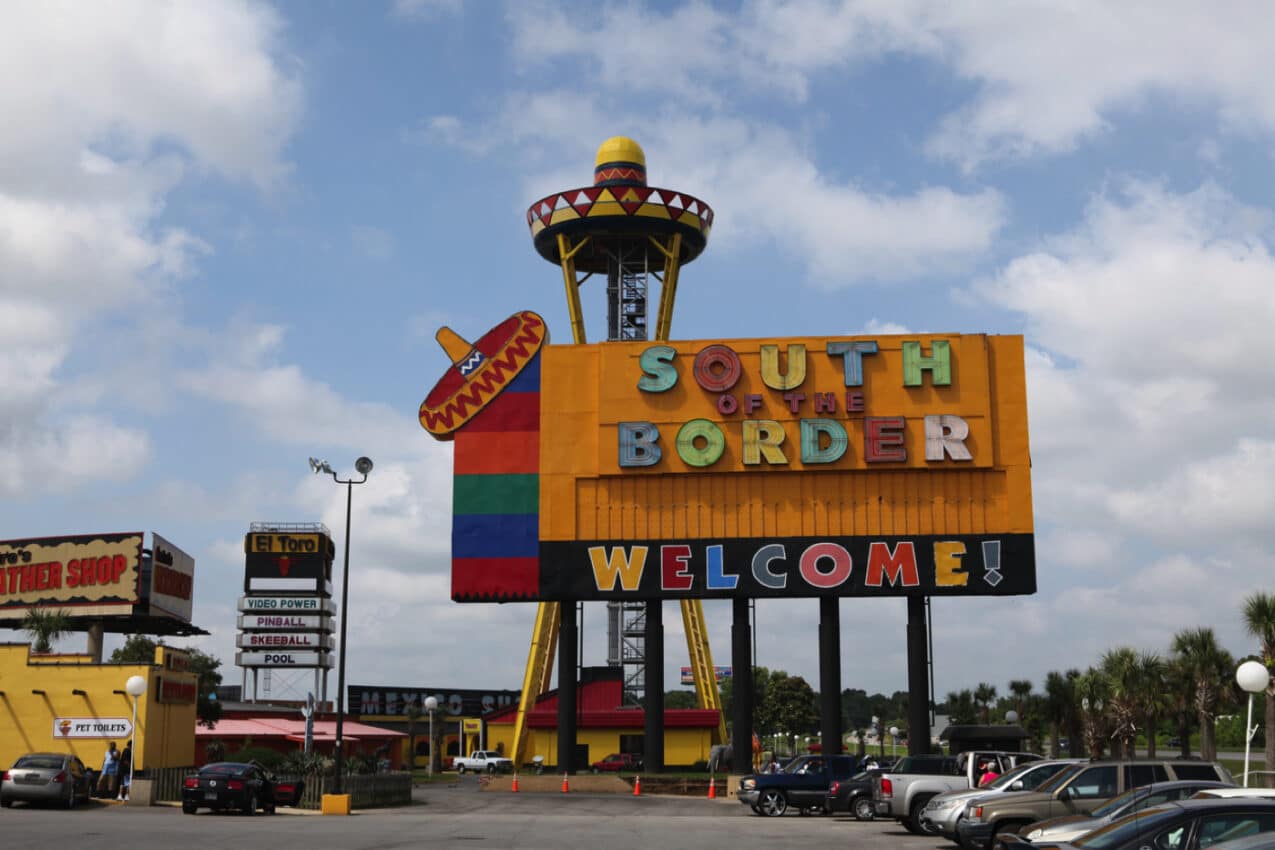Record-Breaking Global Forest Loss: Wildfires And Deforestation

Table of Contents
The Devastating Impact of Wildfires on Global Forests
Increased Frequency and Intensity of Wildfires
Climate change is a primary driver of increased frequency and intensity of wildfires. Rising global temperatures create drier conditions and longer fire seasons, resulting in more extensive and destructive wildfires. This trend is evident globally:
- 2019-2020 Australian bushfires: Burned an estimated 18.6 million hectares, devastating wildlife and releasing massive amounts of greenhouse gases.
- 2021 North American wildfires: Record-breaking wildfires scorched vast swathes of Canada and the western United States, causing significant air pollution and property damage.
- Siberian wildfires: Repeatedly devastating large areas of the boreal forests, contributing significantly to global carbon emissions.
These climate-fueled wildfires are characterized by extreme heat, rapid spread, and immense destructive power, leading to unprecedented wildfire devastation.
The Ecological Consequences of Wildfire
The ecological consequences of extreme wildfires are far-reaching and long-lasting:
- Habitat loss: Wildfires destroy vital habitats, leading to biodiversity depletion and threatening numerous plant and animal species. The koala population in Australia, for instance, suffered severe losses due to the 2019-2020 bushfires.
- Biodiversity depletion: Many endangered species are highly vulnerable to wildfires, pushing them closer to extinction. The loss of habitat and food sources severely impacts their survival.
- Soil erosion: Burned landscapes are susceptible to soil erosion, leading to decreased soil fertility and impacting water quality.
- Increased carbon emissions from wildfires: Wildfires release vast amounts of carbon dioxide and other greenhouse gases into the atmosphere, exacerbating climate change and creating a dangerous positive feedback loop. The long-term ecological recovery from such events can take decades, even centuries.
Deforestation: A Major Driver of Global Forest Loss
Drivers of Deforestation
Deforestation, the clearing of forests for other land uses, is another significant contributor to record-breaking global forest loss. The primary drivers include:
- Agriculture: Cattle ranching and the expansion of palm oil plantations are major culprits, especially in the Amazon rainforest and Southeast Asia.
- Logging: Illegal logging remains a substantial problem, depleting forests for timber and other forest products.
- Mining: Mining operations clear vast areas of forest for extraction activities, often leaving behind degraded landscapes.
- Infrastructure development: The construction of roads, dams, and other infrastructure projects often leads to significant forest clearing.
These activities, often driven by unsustainable practices and lack of regulation, result in alarming deforestation rates, particularly in tropical regions. Deforestation impacts are devastating for the environment and humanity.
The Socioeconomic Impacts of Deforestation
The socioeconomic consequences of deforestation are profound and far-reaching:
- Displacement of indigenous communities: Deforestation often displaces indigenous peoples from their ancestral lands, leading to loss of livelihoods and cultural heritage.
- Economic losses: Forest degradation reduces the economic benefits derived from forests, including timber, non-timber forest products, and ecosystem services.
- Impact on food security and water resources: Deforestation can lead to decreased soil fertility, reduced rainfall, and changes in water cycles, affecting agricultural productivity and water availability. Sustainable development efforts are critical to mitigating these effects.
The Interconnectedness of Wildfires and Deforestation
Deforestation and wildfires are inextricably linked. Deforestation creates fragmented landscapes with increased amounts of dry fuel, making forests more susceptible to wildfires. In turn, wildfires exacerbate deforestation by damaging remaining forest stands, making them vulnerable to further degradation and hindering natural regeneration. This creates a dangerous positive feedback loop, accelerating forest loss and further impacting our climate. Understanding this complex relationship is critical to effective forest management.
Combating Record-Breaking Global Forest Loss: Solutions and Mitigation Strategies
Sustainable Forestry Practices
Sustainable forest management practices are crucial for combating deforestation and wildfire risk:
- Sustainable logging: Implementing responsible logging techniques that minimize forest damage and promote regeneration.
- Reforestation initiatives: Planting trees to restore degraded forests and increase carbon sequestration. Numerous successful reforestation projects demonstrate the potential for ecological restoration.
- Wildfire prevention: Employing techniques such as controlled burns to reduce fuel loads and create firebreaks, minimizing the impact of wildfires.
Policy and Legislation
Stronger policies and legislation are essential for protecting forests:
- Environmental regulations: Implementing and enforcing stricter regulations on logging, mining, and agricultural expansion to curb deforestation.
- Climate policy: Addressing climate change through greenhouse gas reduction is vital to mitigating the increased risk of wildfires.
- International agreements: Strengthening international cooperation and agreements, such as REDD+ (Reducing Emissions from Deforestation and forest Degradation), to incentivize forest conservation.
Consumer Awareness and Responsible Consumption
Consumers play a vital role in reducing deforestation:
- Responsible consumption: Choosing products from sustainable and certified sources, reducing demand for products driving deforestation (e.g., unsustainable palm oil, beef).
- Supporting sustainable businesses: Supporting companies committed to sustainable forestry practices and responsible sourcing.
By making informed purchasing decisions, consumers can exert significant influence on the market, promoting sustainable practices and reducing pressure on forests.
Conclusion
Record-breaking global forest loss, driven by the devastating combination of wildfires and deforestation, presents a grave threat to our planet. The consequences are far-reaching, impacting biodiversity, climate stability, human livelihoods, and global economies. Urgent and concerted action is needed to reverse this trend. We must implement sustainable forestry practices, strengthen policies and legislation, and promote responsible consumption. Join the fight against record-breaking global forest loss. Learn more and take action today!

Featured Posts
-
 Buy And Hold Investing The Long Games Harsh Truth
May 25, 2025
Buy And Hold Investing The Long Games Harsh Truth
May 25, 2025 -
 Dazi E Borse L Unione Europea Pronta A Reazioni Forti
May 25, 2025
Dazi E Borse L Unione Europea Pronta A Reazioni Forti
May 25, 2025 -
 Is Apple Vulnerable Analyzing The Impact Of Tariffs On Buffetts Holdings
May 25, 2025
Is Apple Vulnerable Analyzing The Impact Of Tariffs On Buffetts Holdings
May 25, 2025 -
 The Cost Of Power Presidential Seals Expensive Watches And High End Events
May 25, 2025
The Cost Of Power Presidential Seals Expensive Watches And High End Events
May 25, 2025 -
 Delayed Launch Blue Origin Identifies Subsystem Problem
May 25, 2025
Delayed Launch Blue Origin Identifies Subsystem Problem
May 25, 2025
Latest Posts
-
 Giant Rubber Duck Arrives In Myrtle Beach Promoting Water Safety
May 25, 2025
Giant Rubber Duck Arrives In Myrtle Beach Promoting Water Safety
May 25, 2025 -
 Southern Resort Addresses Safety Concerns After Recent Shooting
May 25, 2025
Southern Resort Addresses Safety Concerns After Recent Shooting
May 25, 2025 -
 Southern Tourist Destination Rebuts Claims Following Recent Shooting
May 25, 2025
Southern Tourist Destination Rebuts Claims Following Recent Shooting
May 25, 2025 -
 Southern Vacation Hotspot Responds To Negative Safety Rating After Shooting
May 25, 2025
Southern Vacation Hotspot Responds To Negative Safety Rating After Shooting
May 25, 2025 -
 Southern Vacation Hot Spot Fights Back Against Negative Safety Assessment
May 25, 2025
Southern Vacation Hot Spot Fights Back Against Negative Safety Assessment
May 25, 2025
